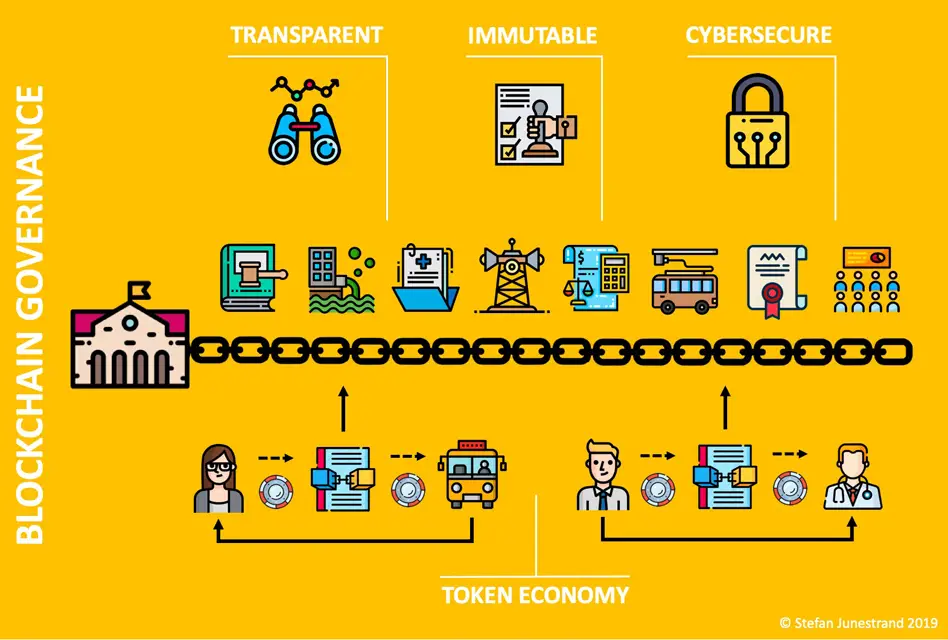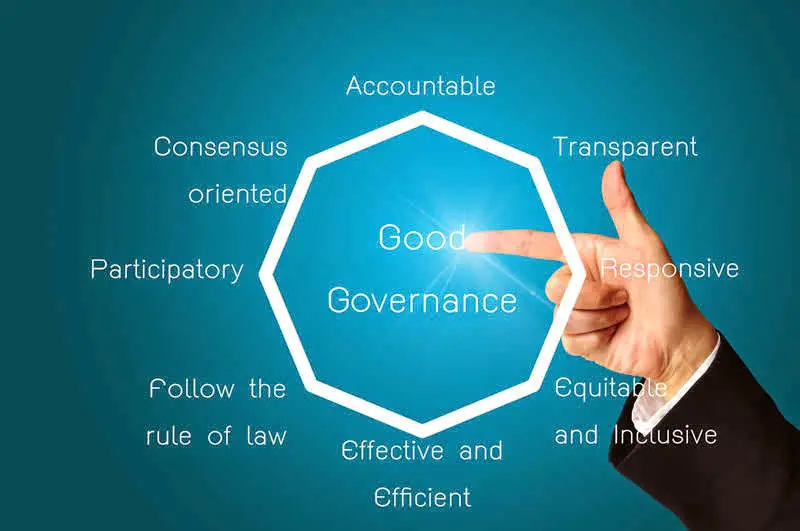The sociology of blockchain explores the social and organizational aspects of blockchain technology, including how communities form around blockchain projects, how these communities are governed, and how they interact with the wider social and economic context.

One of the key sociological aspects of blockchain is the concept of community. Blockchain projects often attract a diverse group of people with different backgrounds and interests, who come together to contribute to the project’s development and governance. These communities can be highly decentralized, with no central authority or leadership structure, or they can be more centralized, with a small group of core developers or leaders making the majority of decisions.

The governance of blockchain projects is another important sociological issue. Because blockchain projects are often decentralized, they require new forms of governance that can accommodate the diverse interests of the community. This can be a challenge, as there is no single model of governance that works for all blockchain projects. Some projects use a consensus-based decision-making process, while others use a more hierarchical or representative model.

The interaction between blockchain projects and the wider social and economic context is also an important sociological issue. Blockchain projects can have a significant impact on the social and economic landscape, and they can also be shaped by these factors. For example, the rise of blockchain technology has led to the creation of new industries and job markets, and it has also raised new questions about privacy, security, and inequality.
The sociology of blockchain is a relatively new field of study, but it is rapidly growing in importance. As blockchain technology continues to develop and mature, it is likely that the sociological aspects of the technology will become increasingly important. Sociologists can play a vital role in helping us to understand the social and organizational implications of blockchain technology, and in shaping its future development.## The Sociology Of Blockchain: Communities And Governance
Executive Summary
Blockchain technology has the potential to revolutionize the way we organize and govern ourselves. By creating decentralized, secure, and transparent systems, blockchain can help to create more egalitarian and participatory societies. However, the successful implementation of blockchain-based governance systems requires a deep understanding of the social and economic factors that shape human behavior.
Introduction
Blockchain is a distributed ledger technology that allows for the secure and transparent recording of transactions. It is the technology behind cryptocurrencies such as Bitcoin and Ethereum. Distributed ledger technologies are beginning to be implemented in a wide range of applications, from supply chain management to healthcare. While blockchain is often associated with decentralized and more democratic forms of organization, the technology has no inherent political orientation.
5 Key Subtopics
1. Community Formation And Building
- Definition:: Blockchain communities include all stakeholders, including developers, miners, and users, working together to maintain and develop a blockchain network.
- Key Considerations:
- Shared values: Blockchain communities are often formed around shared values, such as decentralization, transparency, and open source.
- Communication and coordination: Effective communication and coordination are essential for the successful operation of blockchain communities.
- Conflict resolution: Conflict is inevitable in any community. Blockchain communities need to develop mechanisms for resolving conflict in a fair and equitable manner.
2. Identity And Reputation
- Definition: Blockchain-based identity systems allow individuals to control their own personal data and reputation.
- Key Considerations:
- Self-sovereign identity: Blockchain-based identity systems give individuals control over their own personal data.
- Reputation systems: Blockchain-based reputation systems can help incentivize good behavior and discourage bad behavior.
- Privacy: Blockchain-based identity systems need to be designed to protect user privacy.
3. Governance And Decision-Making
- Definition: Blockchain governance Refers to the processes and structures that are used to make decisions and manage a blockchain network.
- Key Considerations:
- Consensus mechanisms: Consensus mechanisms are used to reach agreement on the state of the blockchain.
- Voting and participation: Voting and participation mechanisms allow community members to have a say in the governance of the blockchain network.
- Transparency and accountability: Blockchain governance systems should be transparent and accountable to the community.
4. Economic Incentives And Sustainability
- Definition: Blockchain-based economic incentives are used to encourage participation in the network and secure a blockchain network.
- Key Considerations:
- Block rewards: Block rewards are given to miners for verifying and adding new blocks to the blockchain.
- Transaction fees: Transaction fees are paid by users to have their transactions processed.
- Sustainability: Blockchain networks need to be designed to be sustainable over the long term.
5. Legal And Regulatory Considerations
- Definition: Blockchain-based systems are subject to a complex and evolving legal and regulatory landscape.
- Key Considerations:
- Securities regulation: Blockchain-based tokens may be considered securities and subject to securities regulation.
- Anti-money laundering and counter-terrorism financing: Blockchain-based systems can be used for money laundering and terrorist financing.
- Taxation: Blockchain-based transactions may be subject to taxation.
Conclusion
Blockchain technology has the potential to revolutionize the way we organize and govern ourselves. However, the successful implementation of blockchain-based governance systems requires a deep understanding of the social and economic factors that shape human behavior.
Keywords
- Blockchain
- Governance
- Community
- Decentralization
- Identity
FAQ
1. What is blockchain?
Blockchain is a distributed ledger technology that allows for the secure and transparent recording of transactions.
2. What are the benefits of blockchain?
Blockchain offers several benefits, including:
- Decentralization
- Security
- Transparency
3. What are the challenges of blockchain governance?
Blockchain governance faces several challenges, including:
- Scalability
- Security
- Lack of regulation
4. What is the future of blockchain governance?
The future of blockchain governance is uncertain. However, blockchain has the potential to revolutionize the way we organize and govern ourselves.
5. How can I get involved in blockchain governance?
There are many ways to get involved in blockchain governance. You can:
- Join a blockchain community
- Participate in governance discussions
- Develop blockchain governance tools
